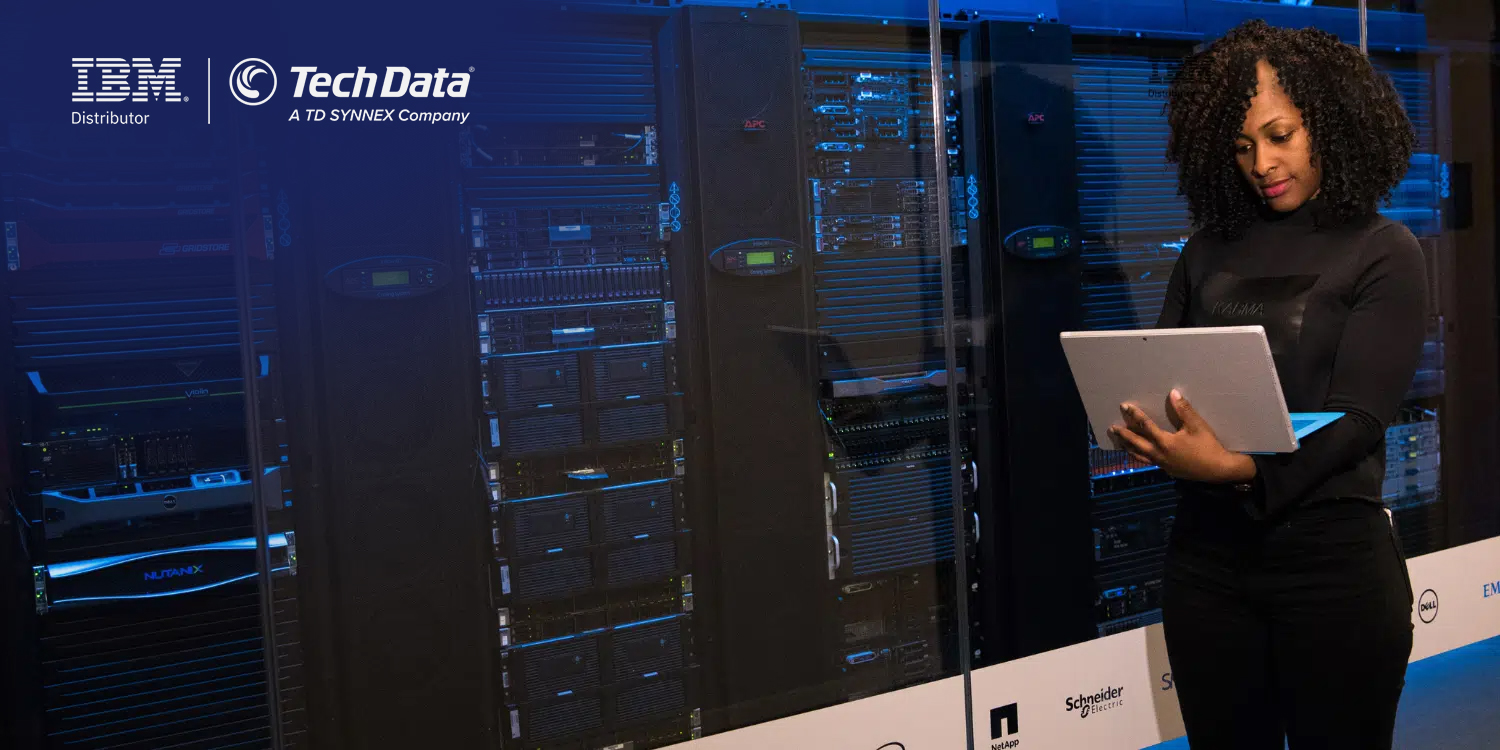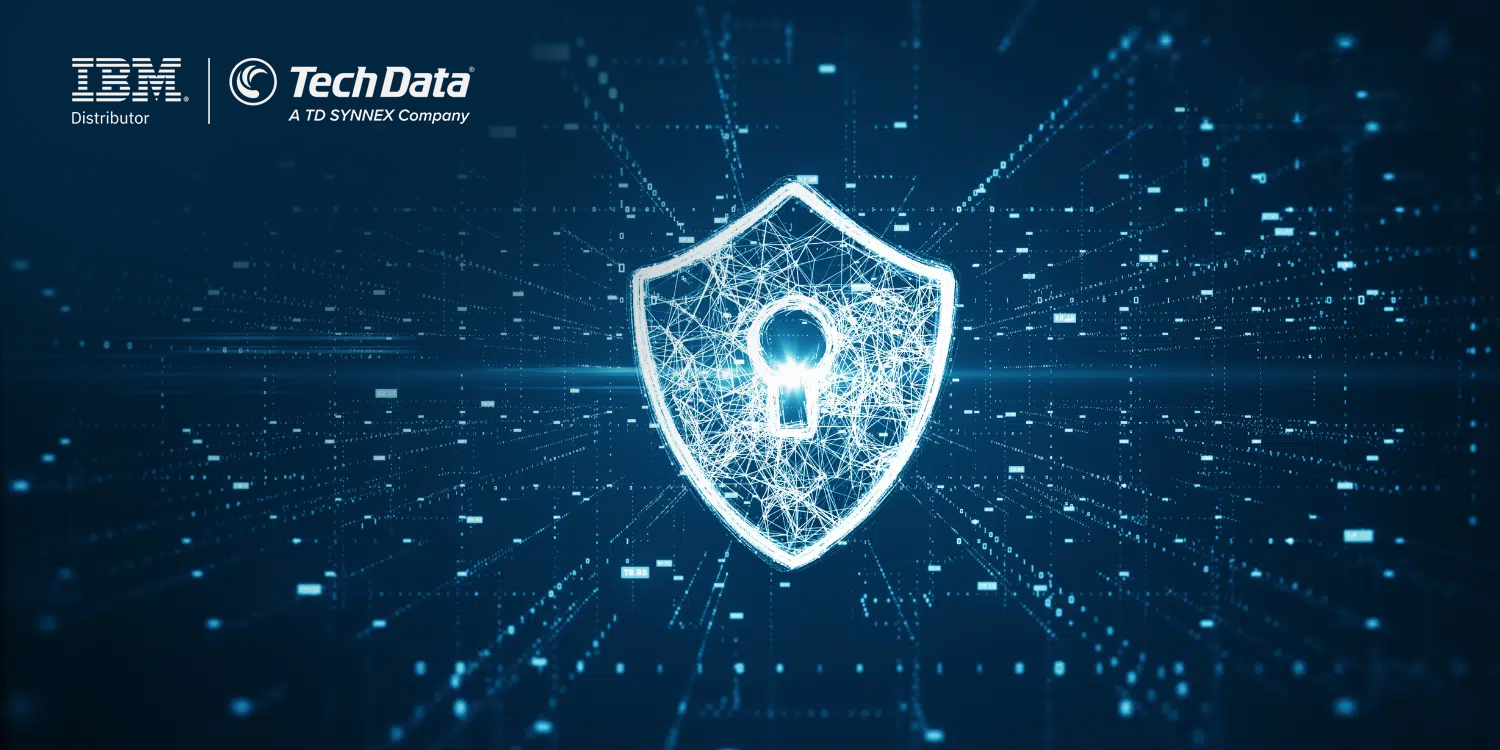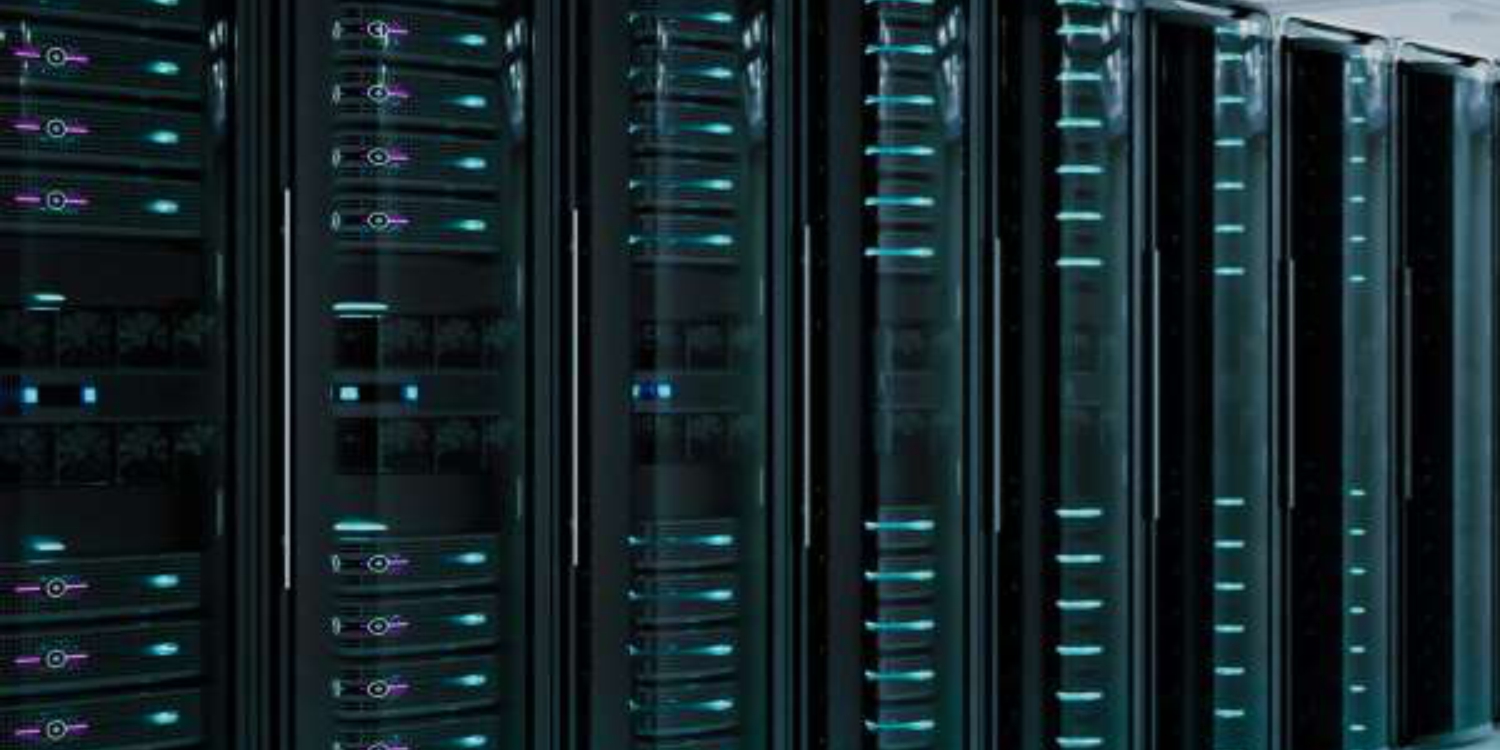Data is a priceless asset, and protecting it is a top priority. A powerful, secure and stable server system is the foundation for a bank to operate effectively and meet the increasing needs of customers. This article will help you better understand the server for banks, thereby making wise investment decisions. Let’s explore!
Why is a server for a bank so important?
Banking is one of the industries that relies most heavily on information technology. Every transaction, every loan, every customer information is stored and processed on a server system. A weak server system can lead to:
- Service disruption: Directly affects customer experience, causing damage to reputation and revenue.
- Data loss: Unpredictable consequences, can lead to legal violations and loss of customer trust.
- Security risks: Banks are a prime target for cybercriminals. Unsecured servers can be hacked, stealing sensitive information.
- Non-compliance: Banks are subject to strict regulations regarding data security and storage.

Understanding the types of servers for banks
To choose the right server, you need to understand the different types of servers and the pros and cons of each. Here are some common server types in the banking industry:
- Dedicated Server: This is a traditional server that provides all hardware resources to a single customer. The advantages are high performance, good control and high security. However, the investment and operating costs are also higher.
- Virtual Private Server (VPS): A physical server is divided into many virtual servers, each virtual server operates independently. The advantage is lower cost than physical servers, flexible in upgrading resources. However, performance can be affected if the physical server is overloaded.
- Cloud Server: Server services are provided through a cloud platform. The advantages are flexible scalability, on-demand pricing, and quick recovery from incidents. However, it is necessary to ensure that the cloud service provider is reputable and meets security standards.
- Blade Server: A server designed as a blade, plugged into a common server chassis. The advantage is that it saves space, is easy to manage and upgrade. Often used in large data centers.
Important Criteria When Choosing a Server for a Bank
Choosing a server for your bank is not just about buying a piece of hardware, but about building a solid foundation for your business. To make the right decision, you need to carefully consider the following criteria:
- Performance
The server needs to have enough power to handle large transaction volumes, analyze complex data, and support critical banking applications. CPU, RAM, and hard drive are important components that need attention.
- Security
This is the most important factor for a banking server. The server needs to be equipped with strong security measures, including firewalls, antivirus software, intrusion detection systems (IDS), and intrusion prevention systems (IPS). In addition, it needs to comply with security standards such as PCI DSS, ISO 27001 to ensure the safety of customer data. Data encryption is an indispensable measure, helping to protect data even if it is stolen.

- Reliability
The server needs to operate stably 24/7, without interruption. Hardware components need to be redundant, such as dual power supplies, RAID hard drives, and redundant network cards. The cooling system also needs to be well designed to avoid overheating. You should choose server lines from reputable manufacturers such as IBM.
- Scalability
Banks need to be able to expand their server systems as demand increases. Servers need to be able to upgrade CPU, RAM, hard drives, and network cards. Additionally, integration with other systems, such as database management systems, data analytics systems, and online payment systems, should be considered. - Manage
Servers need to be easy to manage and monitor. Remote management tools, web interfaces, and automation capabilities will help reduce management time and effort. Management systems such as IPMI, iLO, iDRAC allow you to manage servers remotely, even when the server is powered off.
Banking server security standards
Security is vital to a bank’s server system. Compliance with security standards not only protects customer data but also ensures credibility and legal compliance. Here are some important security standards:
- PCI DSS (Payment Card Industry Data Security Standard): This standard applies to all organizations that process, store, or transmit credit card information. PCI DSS includes 12 key requirements, including protecting card data, building and maintaining a secure network, maintaining a vulnerability management program, and implementing strong access controls.
- ISO 27001 (Information Security Management System): This standard provides a framework for establishing, implementing, maintaining and continually improving an information security management system (ISMS). ISO 27001 helps organizations effectively identify, assess and manage information security risks.
IBM – Comprehensive, Highly Secure Server Solution for Banks
Tech Data is proud to be the official distributor of IBM in India, providing server solutions, AI server systems, and IBM high-security server systems. With many years of experience in the field of servers, security, and data storage solutions, Tech Data India is committed to providing customers with the most optimal solutions, meeting all the needs of the banking industry.

IBM is one of the world’s leading server manufacturers, known for its quality, reliability, and outstanding performance. IBM Power Systems and IBM System x servers are specifically designed for demanding applications such as databases, data analytics, and cloud computing. Here are some IBM server solutions suitable for the banking industry:
- IBM Security Guardium: A solution that helps organizations understand their data security status, thereby improving and enhancing server security systems.
- IBM FlashSystem: IBM FlashSystem storage solutions deliver ultra-low latency and performance, accelerating data access and improving the performance of banking applications. FlashSystem supports a variety of storage protocols, including NVMe, Fibre Channel, and iSCSI.
- Apptio Cloudability:IBM offers Apptio Cloudability, a leading FinOps solution for managing & optimizing multi-cloud costs. The solution provides comprehensive management systems for AWS, Azure, GCP, and many other platforms.
Tech Data India has a team of experienced experts, ready to advise and support you in choosing the IBM server solution that best suits your bank’s needs. We also provide deployment, maintenance, and technical support services, helping you ensure the server system operates stably and efficiently.
Hopefully, this article has provided you with useful information about servers for banks. If you have any questions, do not hesitate to contact Tech Data India for advice and support. We are always ready to accompany you in building a safe, efficient, and reliable server system!








